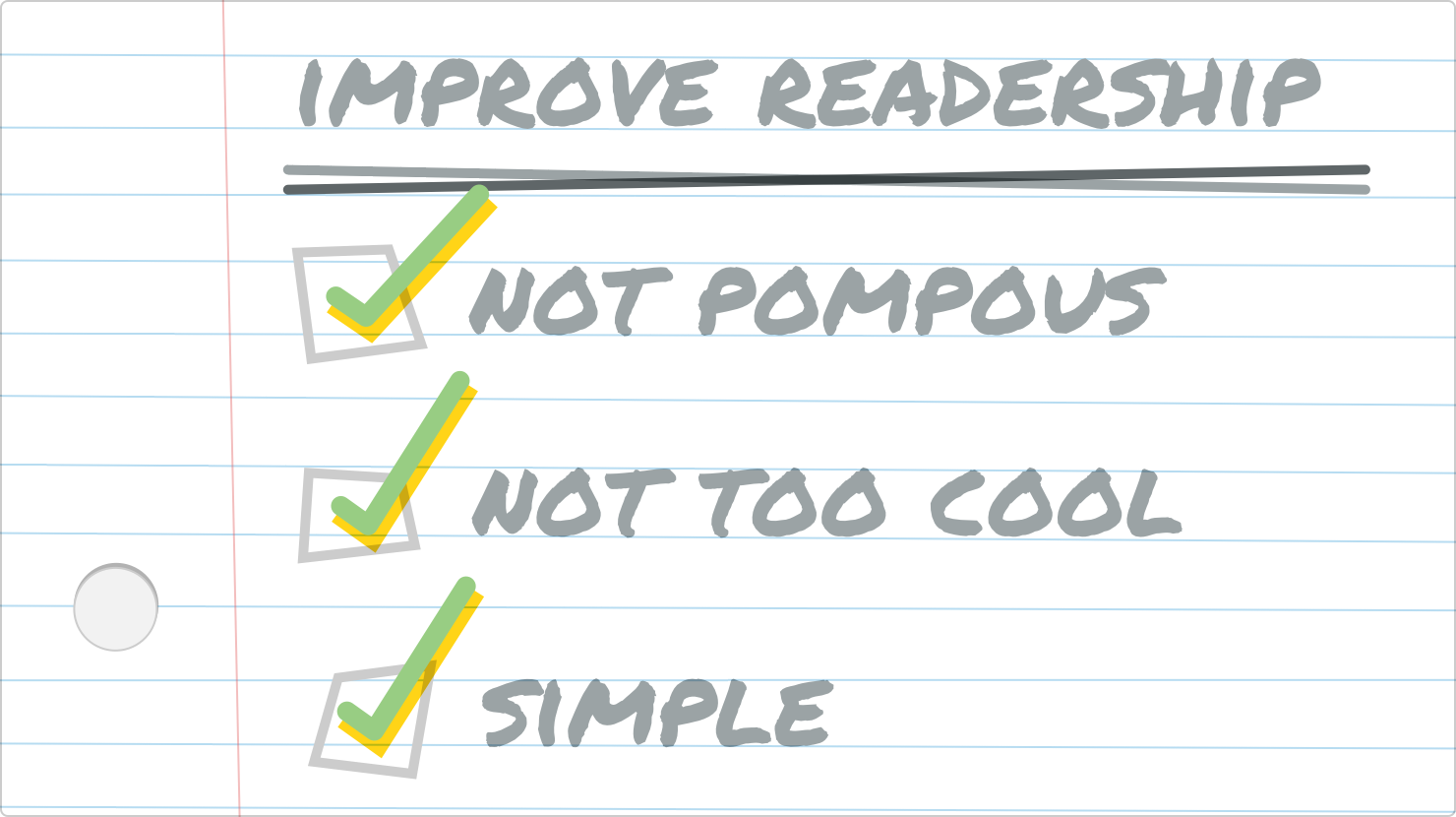
Remember that time you tried to update everyone with an email bulletin, employee newsletter, or intranet article? The one you hoped everyone would read? Yeah. You remember. But nobody else does.
Unfortunately, it just didn’t get read. Everyone saw it pop up on their screens, but half of the company ignored it, and the other half read a few sentences and then went back to work.
But, why?
You were sure you did everything right this time. You had lots of relevant, interesting content. You thought you picked the right tools. You took all the right steps and you were so sure it was going to work. But, it didn’t.
I hate to break this to you but… the problem is not what you’re writing about, it’s the way you’re writing. The tech, the employees, and your topics aren’t to blame. It’s the way you’re delivering the message.
Don’t take it personally, it hard to tell an engaging yarn. It happens to the best of us. Luckily, we’ve got some tips and tricks that’ll bring you up to speed and skyrocket your readership.
Sadly, when a lot of people write at work, they become extremely formal and start using corporate lingo. Their writing either sounds complex, dry, or like high-level company ideology that people don’t actually relate to.
You need to change that. You need to write like you would talk: like a human. Then other humans will want to read it.
If you don’t know where to start or still don’t have a clue how to put this into action, here are six generic company announcements and suggestions for how to transform them into readable nuggets. Some are more informal than others - choose what works for you and see how that affects the readership of your content.
I know this style of writing may seem new (and possibly alarming) to some of you, but it’s rapidly becoming the norm. For those of you who are grammar traditionalists, let me assure you, I am too. (I even got a degree in reading and writing.) But, as technology has developed, so has the way we interact and the language we use. You should use the right tone for the technology you’re using.
Of course, it goes without saying that you shouldn’t be offensive or lazy with your writing - you should still be respectful and professional. But maybe loosen up a bit. Your workplace is full of humans, and they’ll find it easier to engage with something that sounds like it was created by a human.
When you start getting a great return on your new style of writing, you should build on the success. Storytelling is a great way to do this - it brings your content to life and adds a new flavour to your articles and emails.
If you want to look at the bigger picture of your communications, we've also got seven fundamental ways to improve internal communication throughout your organization.
Read more by
Hannah Price
Jostle’s employee success platform is where everyone connects, communicates, and celebrates at work. Find out more at jostle.me. © 2009–2026 Jostle Corporation. All rights reserved.